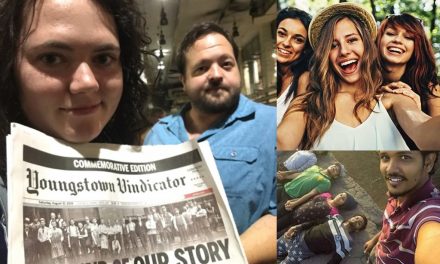The modern school routine often keeps students buried in books, leaving little room for exploration and creativity. Educational trips for students help break this monotony by providing hands-on learning experiences outside the classroom. These trips not only teach practical lessons but also encourage curiosity, teamwork, and confidence. Below are some of the most enriching ideas for school tours that combine learning with fun.
Museums: Unlock History and Creativity Educational trips for students
Museums provide an excellent way for students to connect with history, art, science, and culture. Visits to museums, including art galleries, science centers, and archeological sites, allow children to observe artifacts firsthand and spark their imagination. Coordinating with museum directors ensures students gain structured insights and interactive learning opportunities.
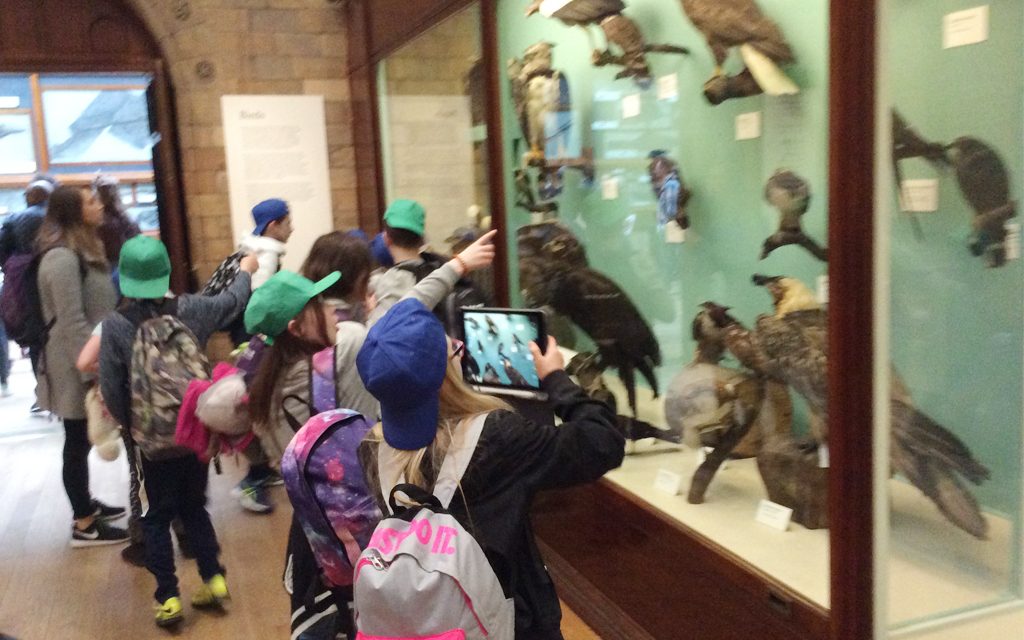
Amusement Parks: Learn Through Fun
Amusement parks offer more than just thrills—they teach lessons about physics, motion, and engineering. By understanding the mechanics behind rides, students experience practical applications of classroom concepts. Moreover, a day of fun encourages relaxation, social interaction, and team bonding.
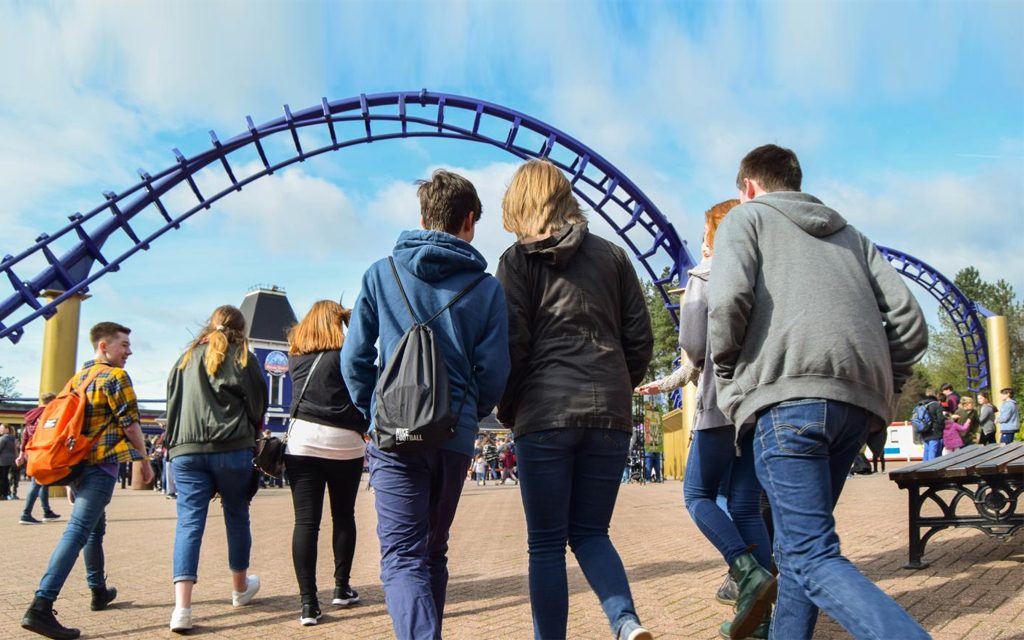
Theater Visits: Understand Arts and Performance
A trip to a local theater helps students explore acting, stage design, lighting, and dialogue delivery. Exposure to performing arts can inspire budding actors, writers, and filmmakers while promoting creativity and confidence. Students also learn to appreciate collaboration and discipline in production.
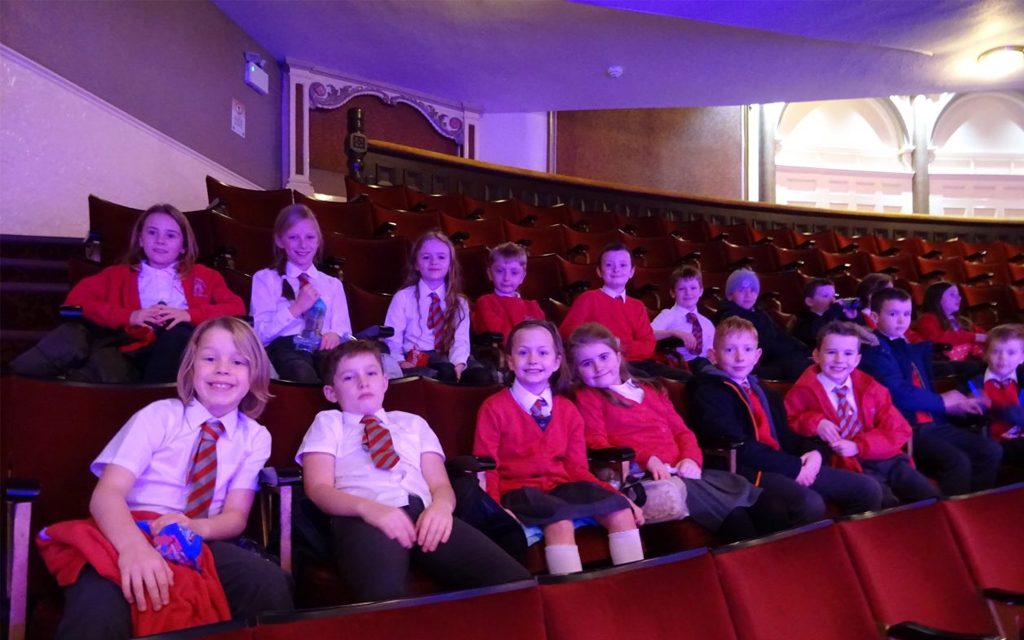
Government Offices: Observe Civic Operations
Visiting municipal corporations, courts, or administrative offices introduces students to the functioning of government. Observing real-life processes helps them understand civic duties, bureaucracy, and public service. These trips can inspire future careers in administration or public service.
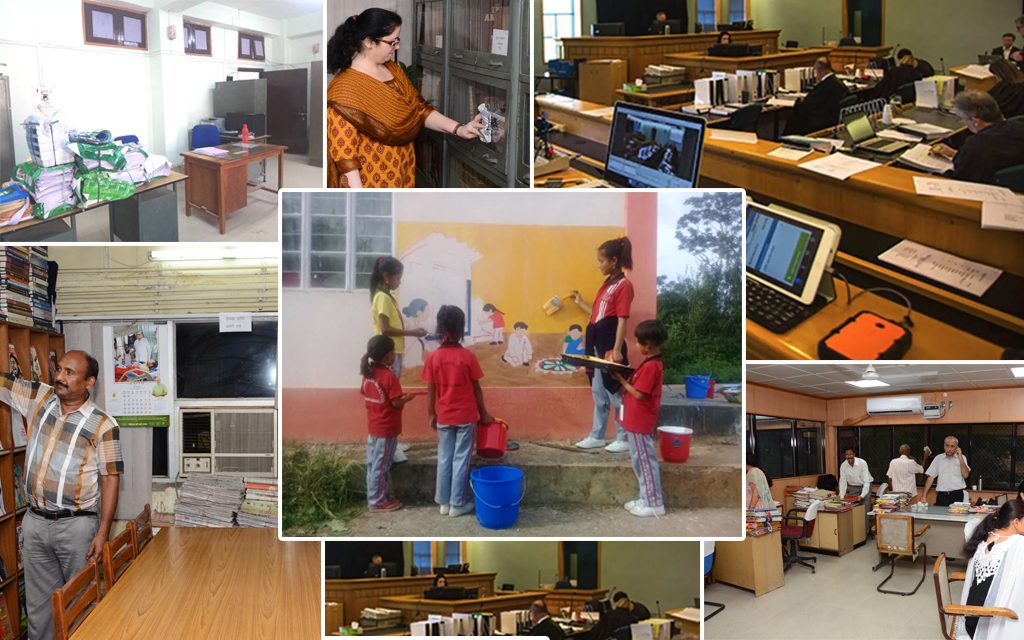
Historical Places: Bring Lessons to Life
Tours to iconic sites like the Taj Mahal, Qutub Minar, and Ajanta-Ellora Caves allow students to connect with history, culture, and heritage. Field visits make historical facts tangible and memorable, while storytelling around these places enhances comprehension and retention.
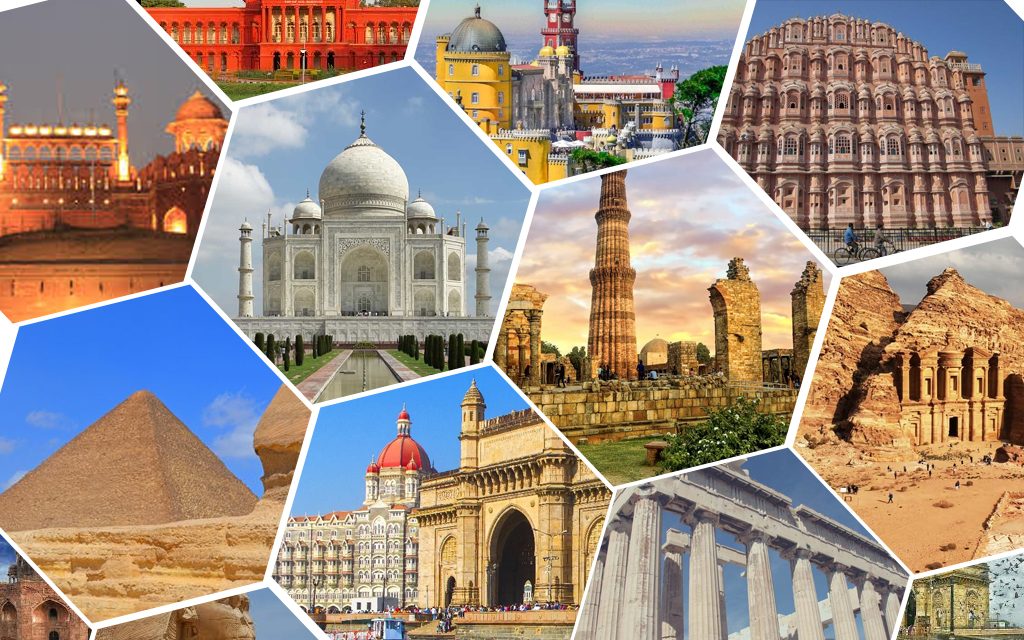
Restaurants: Explore Culinary Careers
Restaurant visits expose students to culinary arts, hospitality, and management. Interacting with chefs and staff provides insights into cooking techniques, service quality, and teamwork. These trips can inspire careers in hospitality and food management.
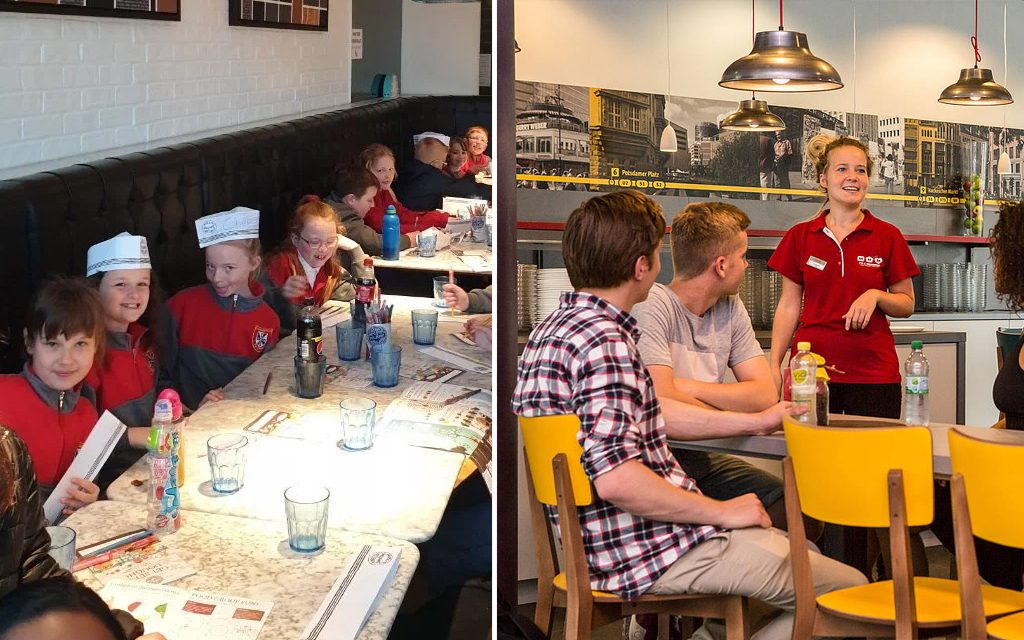
Factories: Understand Industry Processes
Trips to factories introduce students to production methods, supply chains, and workplace safety. Observing manufacturing operations firsthand encourages practical learning and fosters appreciation for industrial labor. Students also gain insight into career opportunities in engineering, logistics, and management.
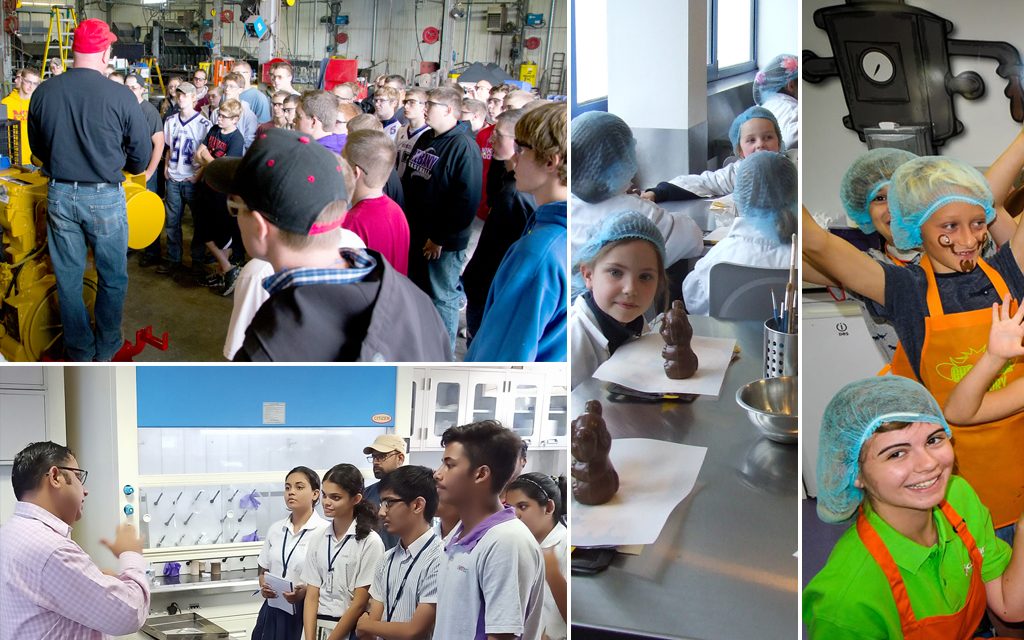
Farms: Discover Agriculture and Sustainability
Farm visits teach students about planting, harvesting, crop cycles, and animal care. They gain awareness of sustainable agriculture, organic farming, and food production. These trips instill respect for farmers and promote environmental consciousness.
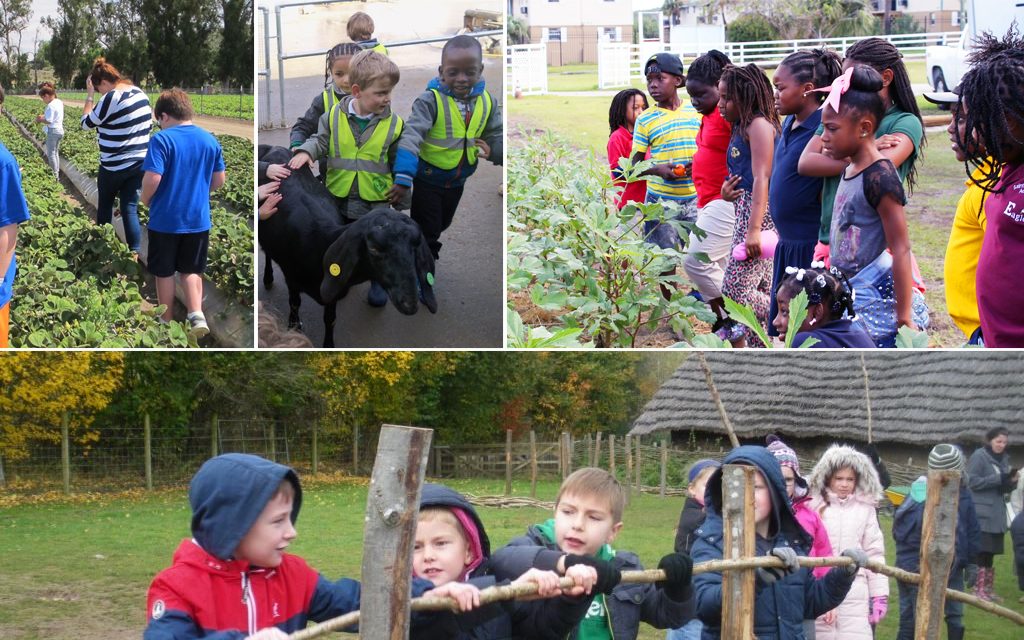
Radio Stations: Dive into Media Careers Educational trips for students
A radio station tour gives students a glimpse into broadcasting, scripting, and sound engineering. Budding radio jockeys and media enthusiasts can observe live operations and understand creative teamwork in action.
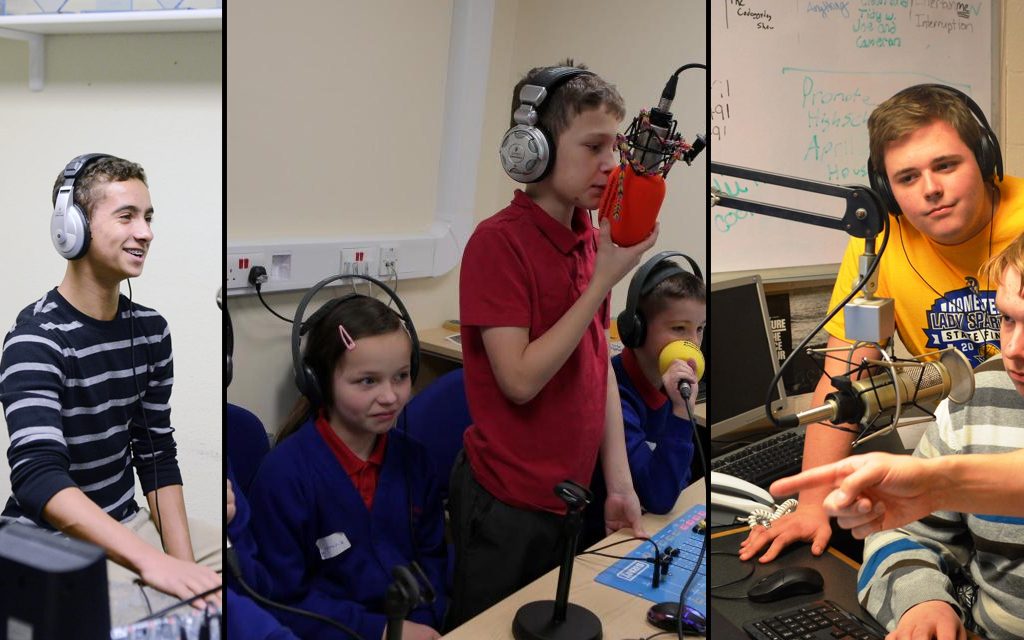
Hill Stations: Build Confidence and Skills Educational trips for students
Hill station trips provide exposure to nature, adventure, and teamwork. Students develop problem-solving skills, leadership, and adaptability while enjoying a break from academic routines. Such trips strengthen social and intellectual growth in a memorable way.
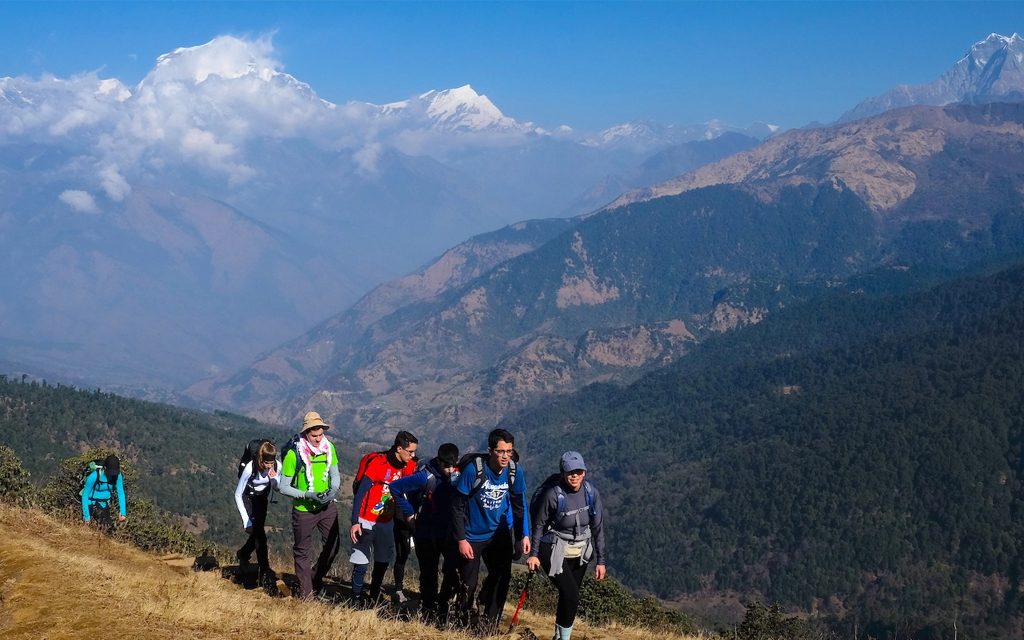
Conclusion Educational trips for students
Educational trips for students not only combine learning with real-world experiences but also enhance knowledge, creativity, and confidence. Moreover, by incorporating museums, farms, theaters, and other destinations into school trips, children gain a holistic understanding of the world around them while having fun. Furthermore, planning such trips thoughtfully ensures students get the maximum benefit from these enriching experiences. In addition, students develop social skills and critical thinking. Consequently, they become more independent and motivated. Therefore, these trips leave a lasting impact on their overall growth.




